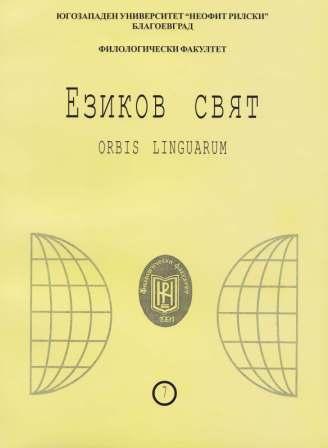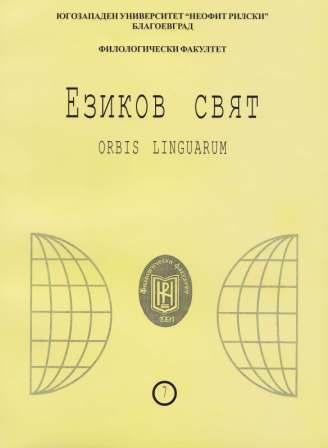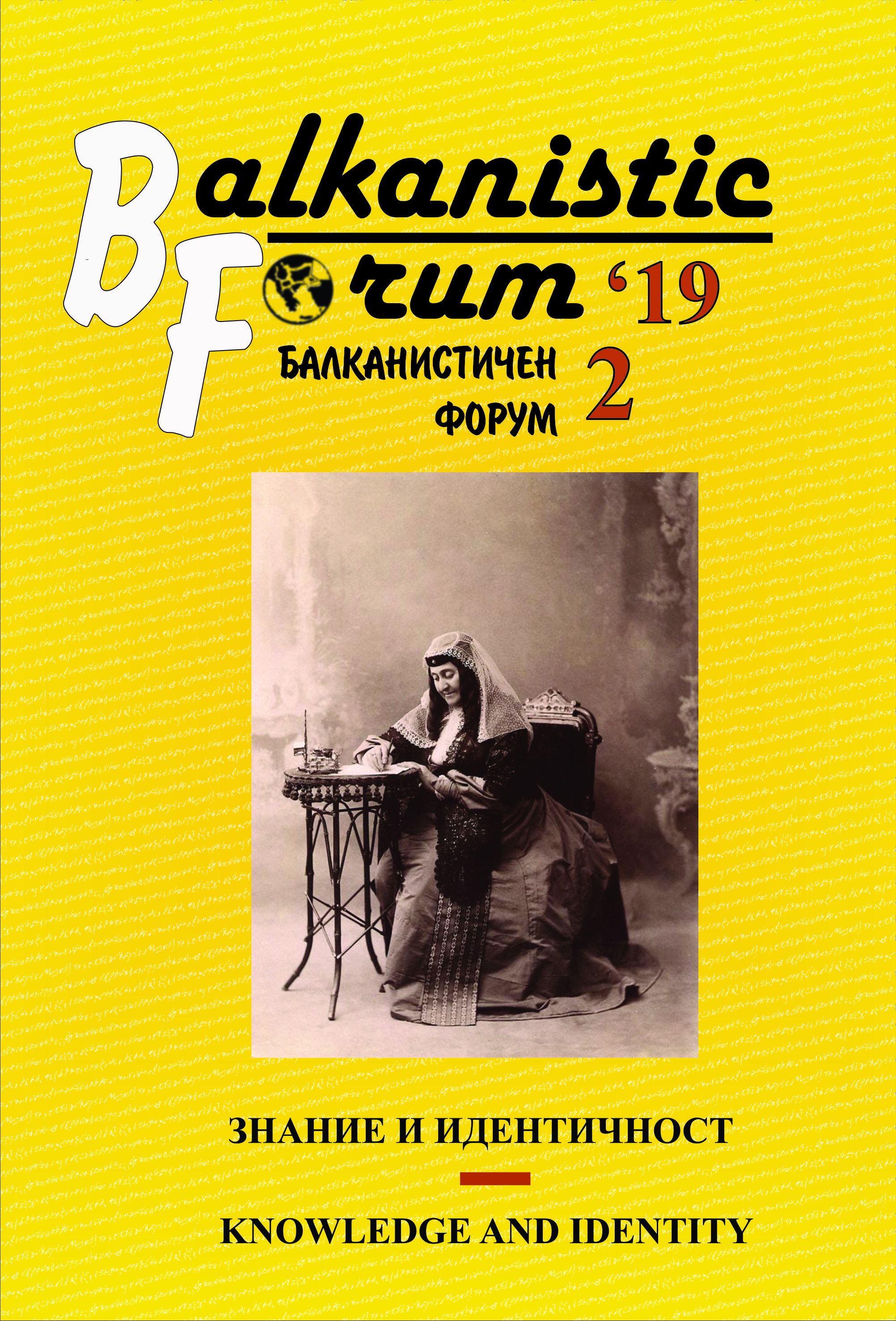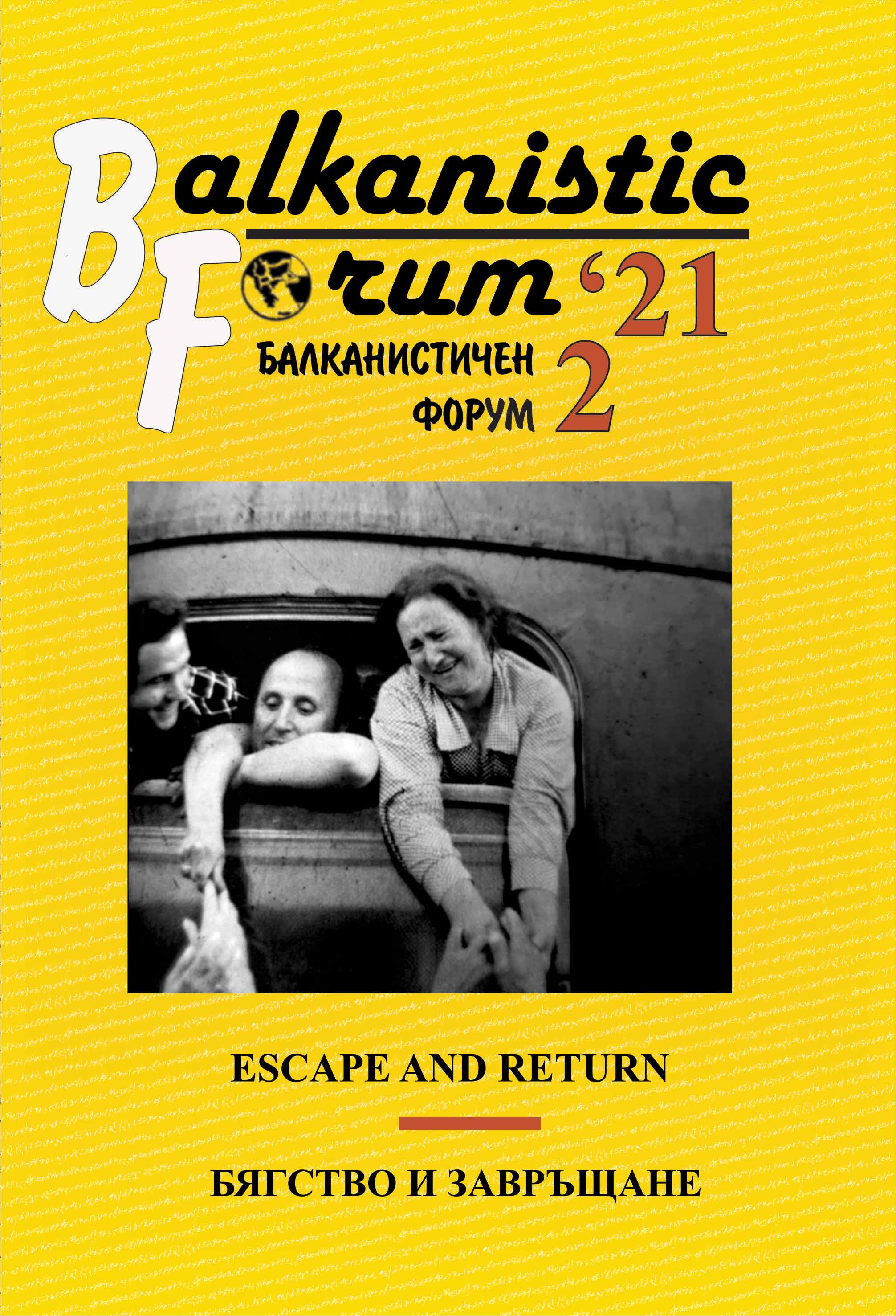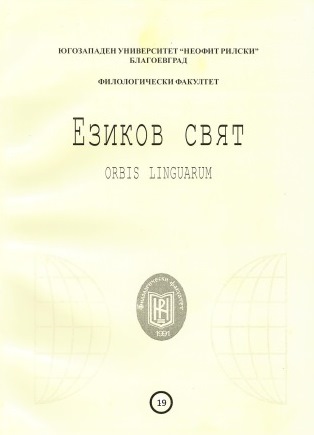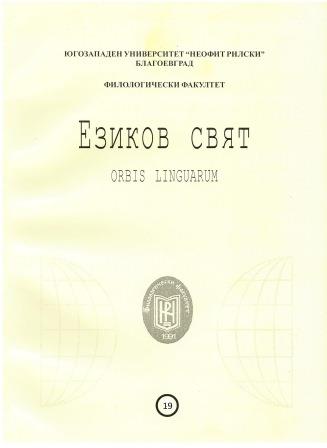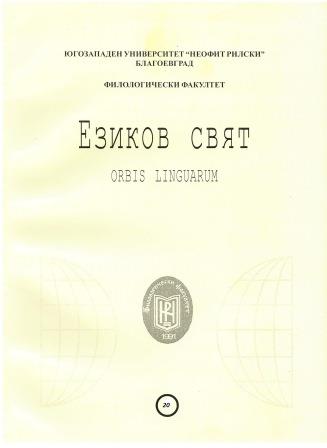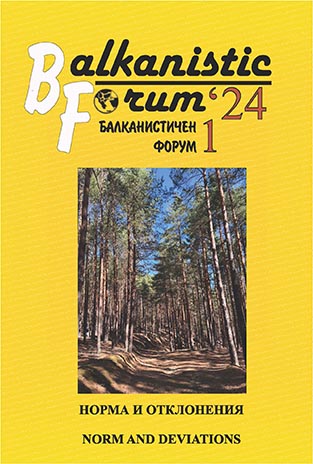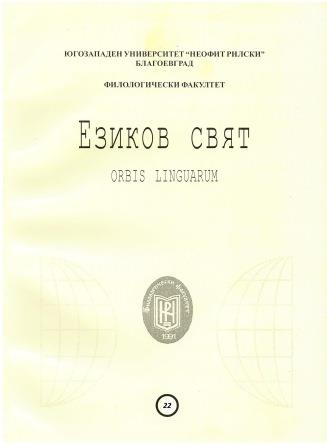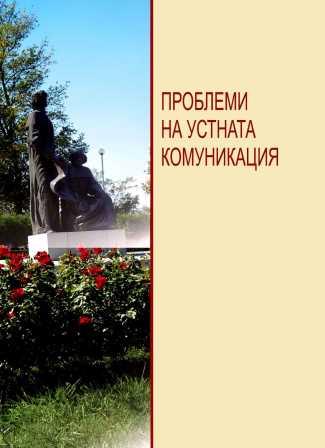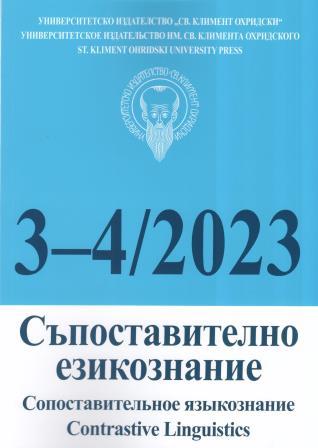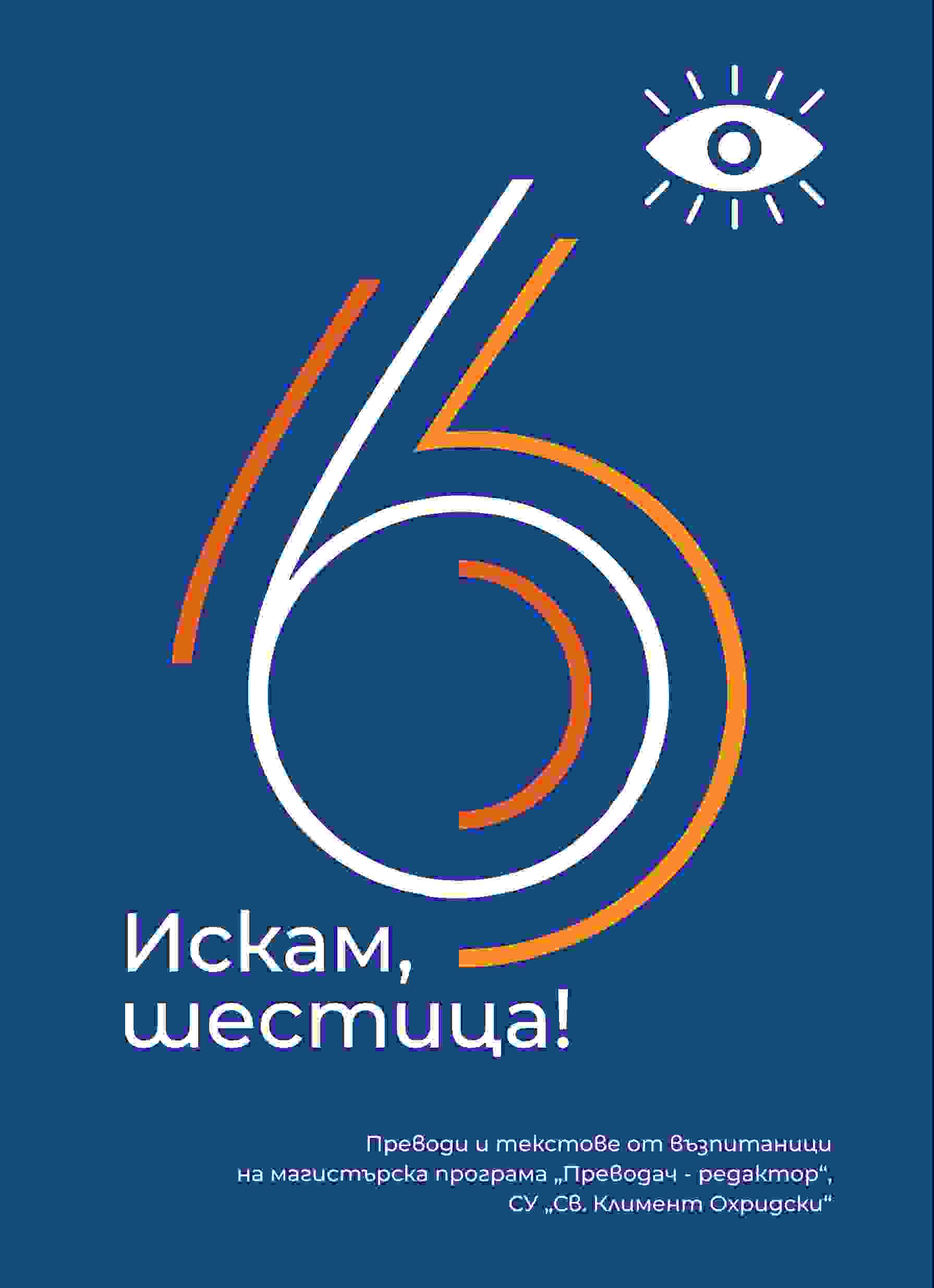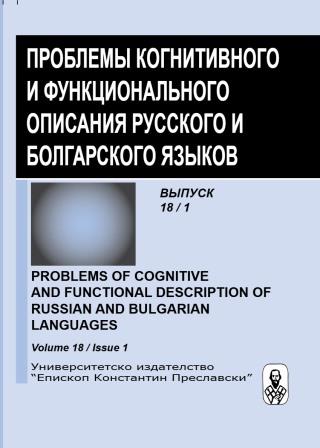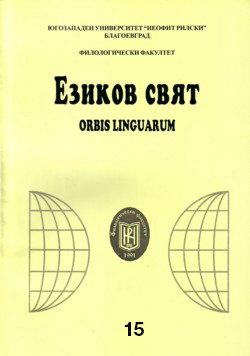
СЪРТСКИТЕ ГОВОРИ В БЕСАРАБИЯ (УКРАЙНА)
The article is dedicated to the rare lexemes in the dialect of the village Krinichnoe (the former name of the village is Chushmeliy) which belongs to the so-called “syrtsky” dialect (the name of the dialect comes from the name of the Bulgarian region Syrta). The aim of the article is to investigate the dialect of the village Krinichnoe and to define its specific phonetic, grammar and lexical features. As a result of the research work it is stated that the dialect of the village Krinichnoe is unique as it saves the old Slavonic elements as well as rare loanwords from the Turkish language that are not used in other Bessarabian dialects.
More...
